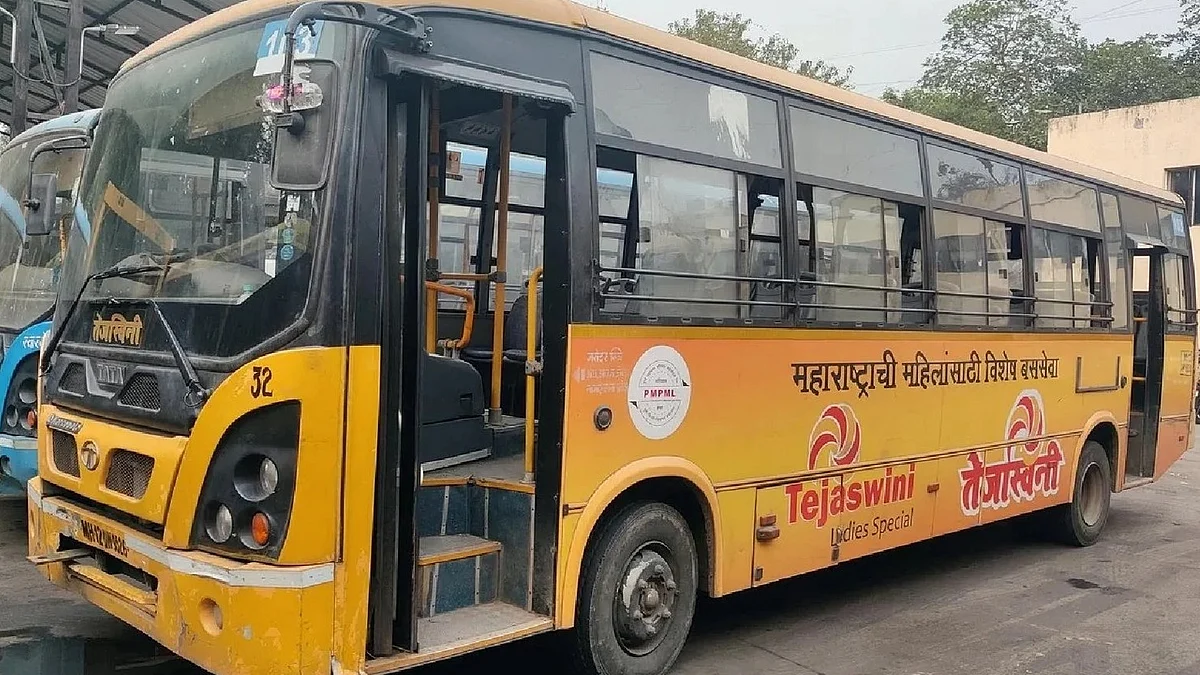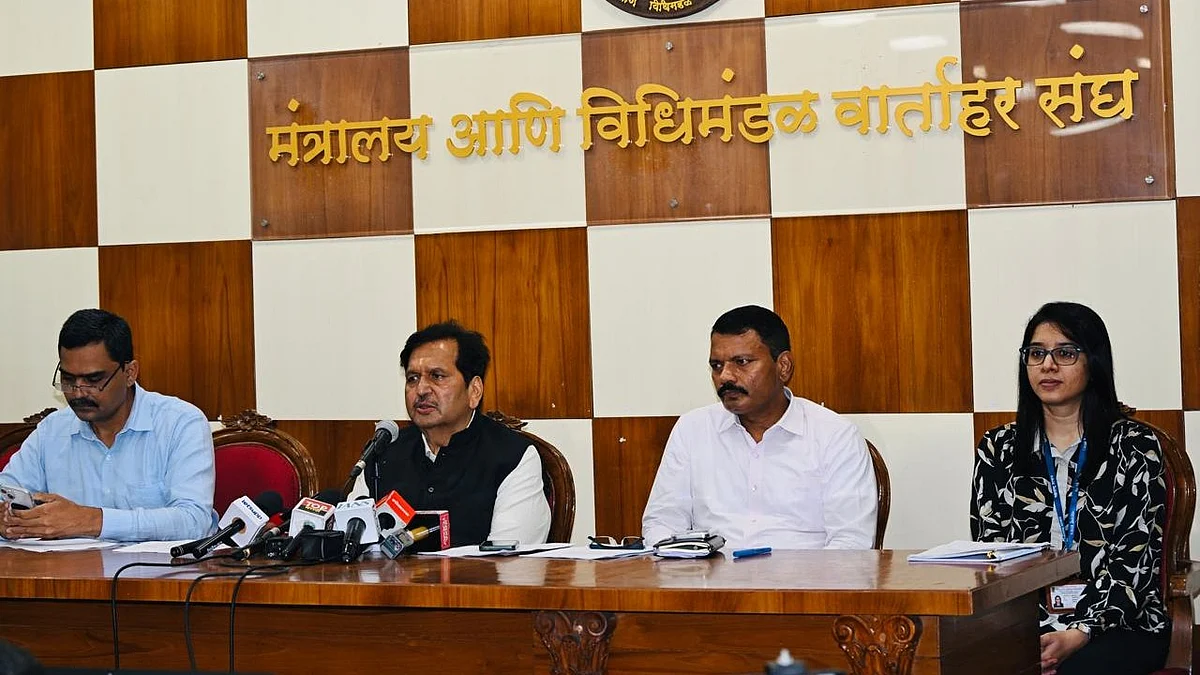Mumbai: The Maharashtra government, hoping to replicate the success in Haryana, has reached out to several key communities including - the Scheduled Castes (SC) and the Other Backward Classes (OBCs).
The BJP strategy of consolidating the Haryana caste vote by reaching out to various communities and leveraging its influence with the OBC voters has paid rich dividends. With this proven strategy, the Mahayuti government too appears to be focusing on various small groups and special decisions are being taken tailor-made for these segments.
Political analysts say that the BJP’s success in Haryana, driven by impactful social and infrastructure schemes, aggressive campaigning, and the consolidation of anti-Jat votes, serves as a blueprint that Fadnavis is already applying in Maharashtra. With the opposition making efforts to woo the influential Maratha community to undermine the BJP, Fadnavis and the BJP are making it clear that they are committed to working for the welfare of all communities, including Marathas.
BJP’s Outreach Efforts
The BJP’s outreach is rooted in addressing the needs and aspirations of all citizens, whether they belong to urban centers, rural areas, or specific social groups. The success of Fadnavis lies in his ability to strike a balance between addressing Maratha's concerns and ensuring other communities, such as OBCs, Dalits, and others, feel included in the BJP’s vision for Maharashtra.

Haryana’s win was built on a robust campaign strategy that emphasized inclusivity, social welfare, and infrastructure development. In Maharashtra, Fadnavis is implementing similar strategies, not only wooing key voter segments but also addressing the needs of all communities. For the BJP, the Haryana results underscore the power of targeting all voter segments and offering a well-rounded campaign that addresses broader societal concerns.
In Maharashtra, where the Maratha community holds significant sway, the BJP under Fadnavis seems to have adopted a similar approach. He is actively engaging with issues that impact the Maratha community, from economic concerns to social justice, alongside efforts to bring about development that benefits the entire state and all communities. His approach is one of inclusivity, aiming to unify rather than divide.
On Thursday, the Maharashtra cabinet took several key decisions, including approving an ordinance giving constitutional status to the state Scheduled Caste Commission and giving its nod to a proposal urging the Centre to hike the income criterion for inclusion in the creamy layer among OBCs from Rs 8 lakh a year to Rs 15 lakh.
The state Cabinet has also decided to allocate several allocate economic development corporations to different communities.

These include the Sola Kulswamini Economic Development Corporation for the Vani community, the Brahmlin Acharya Divyanand Puriji Maharaj Economic Development Corporation for the Lohar community, Sant Namdev Maharaj Economic Development Corporation for the Shimpi community, and Shri Krishna Economic Development Corporation for the Gawli community.
Additionally, corporations for the Lohar and Nathpanthi communities will also be established. An outlay of Rs 50 crore will be allocated for this initiative.
These decisions are seen as a part of the Mahayuti’s social engineering efforts to please smaller groups in the Maharashtra elections. Ahead of the elections in Haryana, where the BJP was perceived to be on the back foot after ruling the state for two consecutive terms, the state government had hiked the creamy layer ceiling from RS 6 lakh to 8 lakh.
The BJP’s approach in Maharashtra is not just a replication of the Haryana strategy, but a tailored response to the state’s unique political landscape, ensuring that it appeals to a broader and more diverse electorate.
"As Maharashtra gears up for its assembly elections, the BJP under Devendra Fadnavis is positioning the BJP as a party that works for all, irrespective of the social group. Through his leadership, the BJP aims to create a coalition of voters united by a shared vision of progress and development. With the right balance of community outreach, welfare programs, and infrastructure development, Fadnavis could very well deliver a Haryana-style victory, ushering in a new chapter of prosperity for Maharashtra," said a senior BJP leader.

The opposition is already feeling the heat after its loss in the Haryana elections and also with the increasing popularity of the Ladki Bahin scheme and the several infrastructure projects that Prime Minister Narendra Modi has been inaugurating in the state.
Congress’s defeat in Haryana also serves as a cautionary tale for Maharashtra’s opposition parties. Overconfidence, overdependence on key political families, and failure to engage different sections of society cost Congress dearly in Haryana. The over-reliance on the Hooda family and the focus on Jat issues alienated other voter groups, contributing to the BJP’s rise.
In Maharashtra, opposition parties could fall into a similar trap by focusing too heavily on Maratha-centric issues. While the Maratha vote is crucial, Fadnavis is ensuring that his campaign appeals to a broader coalition of voters, avoiding the pitfalls that led to Congress’s downfall in Haryana. The BJP’s ability to balance the needs of various communities and deliver a more inclusive message could be key in securing a victory in the state.






